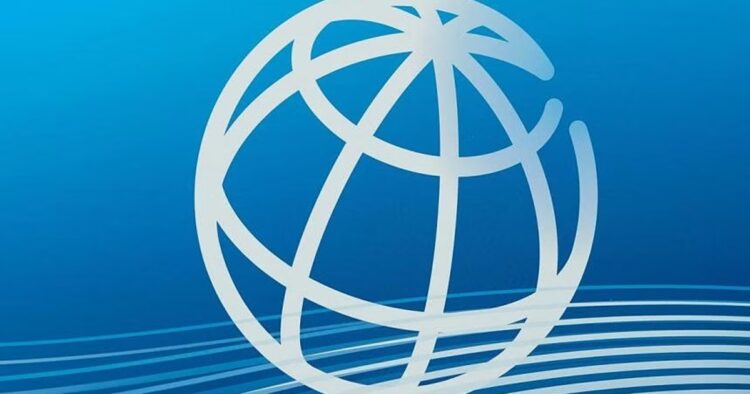Prime Minister Denys Shmyhal announced on Friday that Ukraine has received a crucial $1.5 billion tranche of funding from the World Bank. This financial support comes at a critical time as Ukraine continues to defend itself against the ongoing Russian invasion. The funds will be instrumental in helping Ukraine meet its budgetary obligations and sustain vital social spending amidst the conflict.
Ukraine heavily relies on financial assistance from its Western allies, but in the first two months of this year, foreign financing had been diminishing. Additionally, a much-needed aid package from the United States has been stalled in Congress for months due to opposition from Republicans. However, in March, Kyiv managed to secure approximately $9 billion in total external financing, with contributions from various international partners including the European Union, Canada, Japan, the International Monetary Fund, and Britain.
The latest tranche of aid from the World Bank, amounting to $1.5 billion, was made possible through contributions from Britain and Japan. Prime Minister Shmyhal specified that $984 million originated from Japan, while $516 million came from the UK. These funds will be utilized to cover essential budget expenditures for social welfare programs, humanitarian assistance, and reconstruction efforts in Ukraine.
Earlier in March, Ukraine had also received a substantial first tranche of aid totaling 4.5 billion euros ($4.9 billion) under a European Union bridging finance program. With most of its own revenues allocated towards defense efforts since the onset of the Russian invasion in February 2022, Ukraine has become increasingly reliant on external financial support to sustain its social welfare initiatives.
The Finance Ministry of Ukraine reported that external financing for the year 2024 has already reached $10.2 billion, with a total of $83.8 billion received since the outbreak of the full-scale conflict. This international assistance is primarily directed towards financing priority social expenditures outlined in the state budget of Ukraine, ensuring that essential services and support systems remain operational despite the ongoing crisis.
The influx of financial aid from global partners underscores the solidarity and support extended to Ukraine during this challenging period. As the conflict persists, international collaboration remains crucial in helping Ukraine navigate the humanitarian and economic challenges posed by the Russian invasion, providing hope for stability and recovery in the region.
















Comments